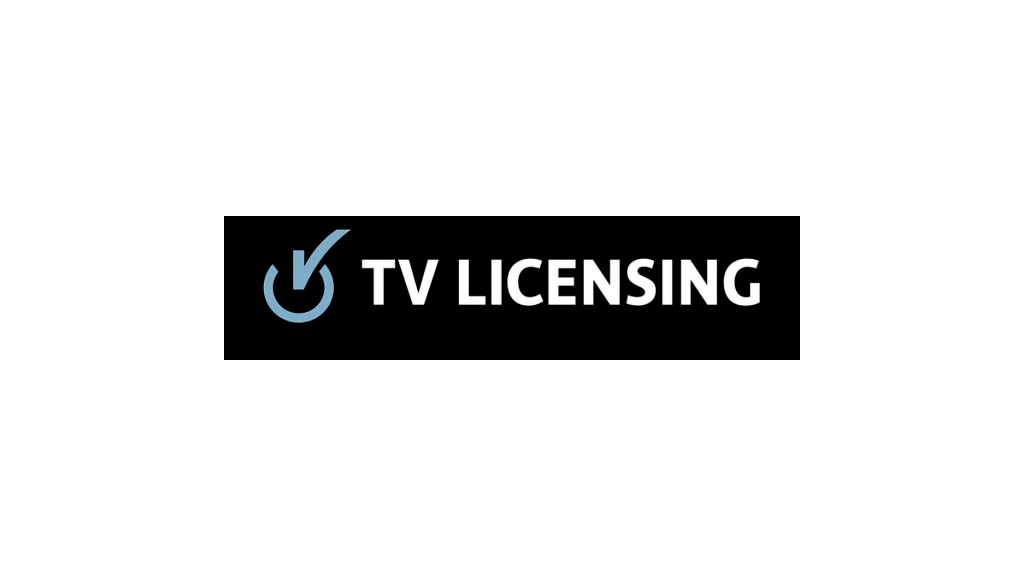In the United Kingdom you can be prosecuted and charged with a criminal offence for non-payment of a television licence fee to watch live programmes on any television channel or online service. That could change as the government prepares to negotiate a new charter for the BBC. One alternative being discussed is a membership model, which could be subscription by another name.
Lisa Nandy, the new culture secretary, said at the Labour Party conference that she was about to start discussions with the BBC over its new charter.
Backed by the justice secretary, Shabana Mahmood, she is expected to propose that non-payment of the television licence fee of £169.50 a year, or just over £14 a month, should no longer be considered a criminal offence, which carries a maximum fine of £1,000 and the threat of imprisonment for non-payment.

Last year TV Licensing, which is a BBC operation that is largely outsourced to Capita, made 1.3 million enforcement visits to unlicenced premises. Over 30,000 people were prosecuted and convicted for non-payment of the television licence in 2023. Almost three quarters of them were women.
Prosecutions for non-payment of the television licence are down from more than 190,000 in 2015, but the number of people who are no longer paying for a licence has increased. There were 23.7 million television licences issued in the year to April 2024, including 775,000 issued free to homes with someone aged over 75, down from 24.2 million the year before, and 25.7 million in 2020.
It is estimated that more than one in ten households that should be covered by a valid television licence does not have one. Last year, 3.29 million addresses provided a declaration that they did not require a no television licence, compared to 2.39 million in 2020.
The BBC refers to licence fee payers as customers and to those that do not pay for a licence when they need one as evaders.
Decriminalisation would put non-payment of the television licence on a par with speeding tickets and parking fines.
Lisa Nandy is a big believer in the BBC and the value of public service broadcasting. Her mother was a current affairs television producer at Granada and married the long-standing editor of their flagship programme World in Action.
She has suggested that the BBC should be mutualised and owned by its members. In a speech at a Royal Television Society convention in September, she said that “the most important consideration is how to ensure the public feel ownership of their national broadcaster. That it belongs to and is responsive to them” as “a truly national broadcaster in which all of us have a stake.”
The BBC is unsurprisingly less keen on the idea of a membership model, particularly if the penalty for not being a member is no longer a criminal record and the threat of imprisonment for non-payment. It estimates that it could lose more than a billion pounds a year as a result. Tim Davie, the director general of the BBC told a select committee in 2020 that decriminalisation “just doesn’t pass the logic test”.
The logic of the television licence will surely be tested as the BBC prepares to begin negotiations for the renewal of its Royal Charter and Agreement, which currently lasts until the end of 2027.
The BBC has long argued that there is no viable alternative to the television licence as a means of funding the corporation as its services are available free to air. Yet it has relentlessly driven the promotion of the BBC iPlayer, which requires a login. Many may struggle to see how this is different to Netflix, which has a membership model, or subscription, requires a login, and has managed to persuade almost six out of ten households in the country to pay a monthly fee without threatening to send the boys around.
If the BBC were to charge an equivalent number of homes, around 17 million, £15 a month for access to the BBC iPlayer, BBC Sounds, and some other online services, it would raise over £3 billion a year in revenue. That is a little short of the £3.66 billion that the BBC currently receives in television licence fee revenue, at a collection and enforcement cost of £145 million.
Of course, that assumes that enough people would consider access to the BBC iPlayer worth the membership fee. That would be a real public value test.
It might be argued that people could continue to watch BBC television channels and listen to BBC radio services without paying. It might also be argued that these provide a valuable public service, for which the BBC might receive additional grant in aid funding from the government, derived either from general taxation, a household levy like council tax, or some form of levy on communications service providers.
While there is still considerable support for the BBC, the days of the television licence, like the radio licence before it, could be numbered.
